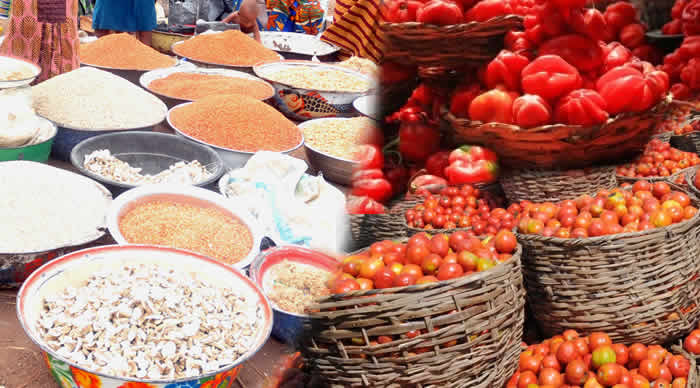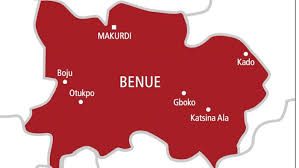The Trade Union Congress (TUC) is calling on the Federal Government to fix a new minimum wage to tackle the rising cost of living in the country.
Since the removal of fuel subsidy, the cost of living has spiked and inflation figures pushing new highs in Nigeria.
Although there have been protests and meetings between labour unions and authorities to roll out measures to ease the hardship, TUC President Festus Osifo is calling for a review of the N30,000 minimum wage.
He spoke in Abuja on Monday during a press briefing barely 24 hours before the commencement of a nationwide protest by the Nigeria Labour Congress (NLC) over the high cost of living.
Osifo told the gathering that the call for a new minimum wage is part of the solutions proffered by the union to address the economic hardship in the country.
He said the falling value of the naira against the dollar in the FX market has further eroded the value of the minimum wage.
The TUC leadership is thus calling for the passage and implementation of a new minimum wage law that reflects the current economic realities.
According to him, the Federal Government’s economic team should work towards a more realistic rate of the naira to dollar, which they pegged between N500 and N800 to the dollar. The union also recommended a clamping down on currency speculators, especially those online, who they say have made remittances from abroad drop.
Osifo also proposed that the government should review taxes on some critical goods imported into the country to ease the hardship. This is as the unionists advised the Nigeria Customs Service (NCS) to facilitate trade rather than just celebrate revenue collections.
TUC is thus demanding that the importation of essential food items be allowed immediately by the Director General of the NCS to cushion the effects of the rising cost of living.
They further called for the rolling out of products by the Port Harcourt Refinery by the end of Q1 2024.
The TUC chief blamed insecurity for the current rise in the cost of foodstuff, noting that many farmers have not gone to their farms owing to that.







